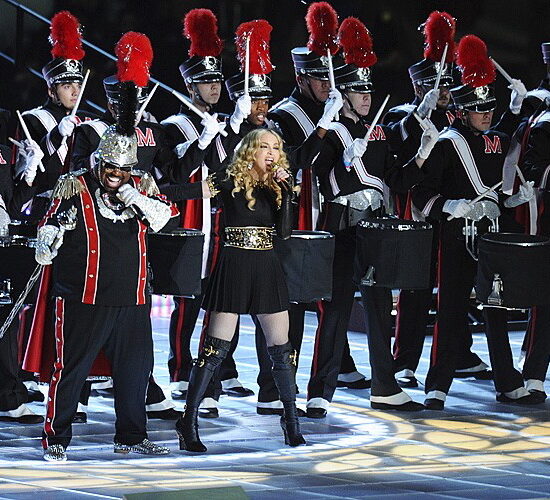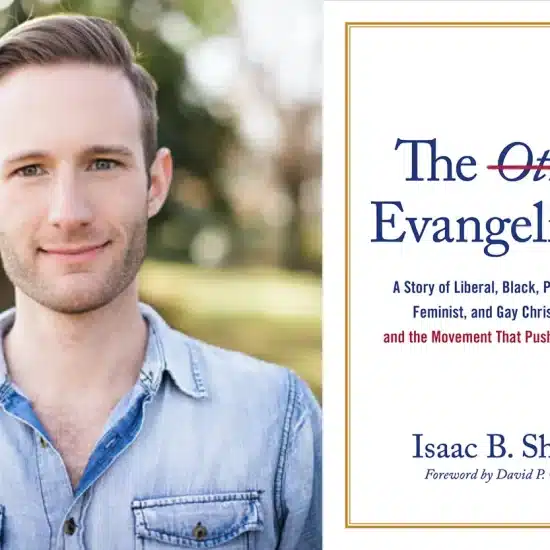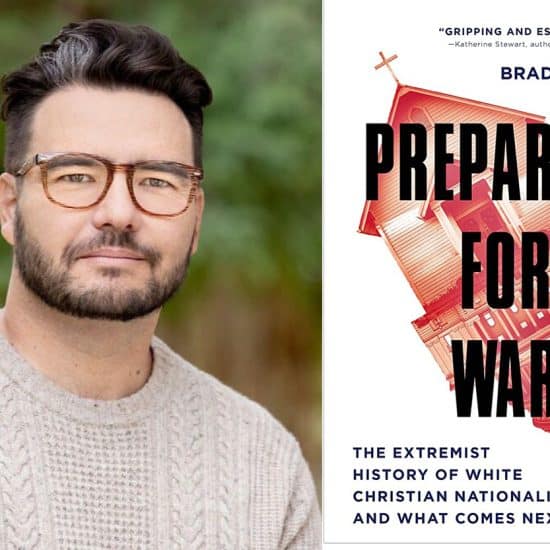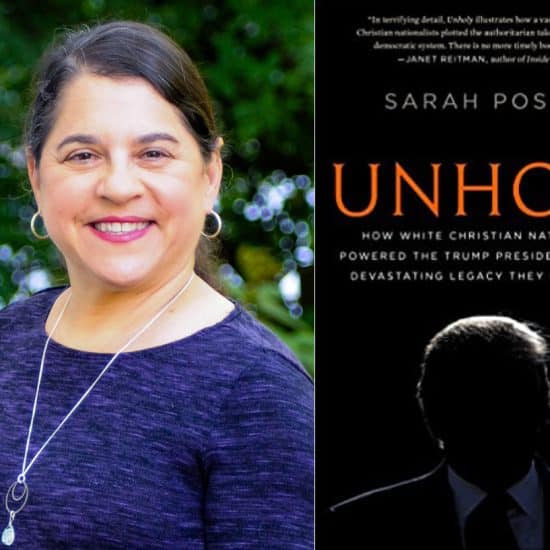WASHINGTON — Hate-crimes legislation passed April 29 in the U.S. House of Representatives drew mixed reviews in the religious community.
The Local Law Enforcement Hate Crimes Prevention Act, H.R. 1913, which passed the Democratic-controlled House by a vote of 249 to 175, would provide federal assistance to prosecute hate crimes. It also would add sexual orientation and gender identity to current classes protected against hate crimes, including race, religion and national origin.
Many religious conservatives oppose the measure, saying it could be used to stifle free speech.
Barrett Duke, vice president for public policy and research of the Southern Baptist Ethics & Religious Liberty Commission, called it "an irresponsible piece of legislation" that "puts Christians and many other religious groups in the government's crosshairs."
"While we should never condone acts of violence against anyone, for whatever reason, including whether or not that person is a homosexual, this bill proposes to prosecute someone based on their belief about homosexuality and therefore makes religious belief a germane issue in this debate," Duke said in Baptist Press. "Anyone who holds a religiously based belief about homosexuality is immediately suspect of engaging in a hate crime if a homosexual is involved, even if the person was unaware that the victim was a homosexual."
Andrea Lafferty, executive director of the Traditional Values Coalition, called it "anti-Christian" legislation that could allow a pastor's sermon against homosexuality to be prosecuted as hate speech.
The American Family Association said that since the bill doesn't define sexual orientation, it could be interpreted to protect 30 practices including incest and pedophilia.
Progressive evangelicals including Jim Wallis of Sojourners, mega-church pastor Joel Hunter and Derrick Harkins, pastor of Nineteenth Street Baptist Church in Washington, meanwhile, called the measure both moral and necessary.
David Gushee, distinguished university professor at Mercer University and a columnist for Associated Baptist Press, said he supports the bill "because its aim is to protect the dignity and basic human rights of all Americans, and especially those Americans whose perceived 'differentness' makes them vulnerable to physical attacks motivated by bias, hatred and fear."
Gushee said he believes the bill "poses no threat whatsoever to any free speech right for religious communities or their leaders" and its passage would "make for a safer and more secure environment in which we and all of our fellow Americans can live our lives."
"For me, the case for this bill is settled with these words from Jesus," Gushee said. "As you did it to one of the least of these, you did it to me"
Sens. Edward Kennedy and Patrick Leahy introduced a companion measure in the Senate April 28, titled the Matthew Shepard Hate Crimes Prevention Act, after a young gay man fatally beaten in 1998.
If the bill passes both houses of Congress, President Obama is expected to sign it. The House and Senate both passed similar legislation in 2007, but under threat of veto by President Bush failed to agree on a final version.
Bob Allen is senior writer for Associated Baptist Press.






